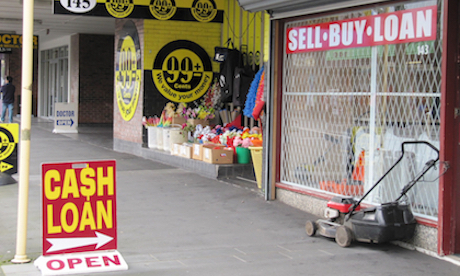A survey has found that the practice of giving money when there is a family fa’alavelave is places huge burdens on young New Zealanders who are ethnic Samoans.
Robyn Lesatale a University of Auckland Pacific studies student surveyed more than 400 Auckland Samoans about the practice.
A fa’alavelave is roughly defined as “anything which interferes with normal life and calls for special activity” such as funerals, weddings, giving of Matai titles, births, special birthdays, and opening buildings.
Lesatale says many had to get loans out to cover the cost of giving and this is exacerbated by the financial pressures on many ethnic Samoans living in Auckland.
She says most took a lot of pride in fa’alavelave but she thinks it may die out if it is not brought back to its true cultural meaning.
“We should really look at fa’alavelave through a Samoan perspective and should emphasis it’s about love about family.”
Some respondents described the practice as being used as a kind of social boasting and as being out of control.
Ms Lesatale says people in the community felt under pressure to give more than they could afford.
Most of those surveyed were full Samoans who lived in New Zealand and were first generation.
They were mainly from South Auckland and between the ages of 19 to 35.
“It’s part of our culture, part of our identity the love and respect we get from our parents, it’s an obligation that encourages a sense of community and reciprocity,” says Leatale.
But she says the practice can be a huge financial burden with some extended families giving up to $10,000 to a grieving family.
Source
- radionz.co.nz
- Image: pacific.scoop.co.nz
